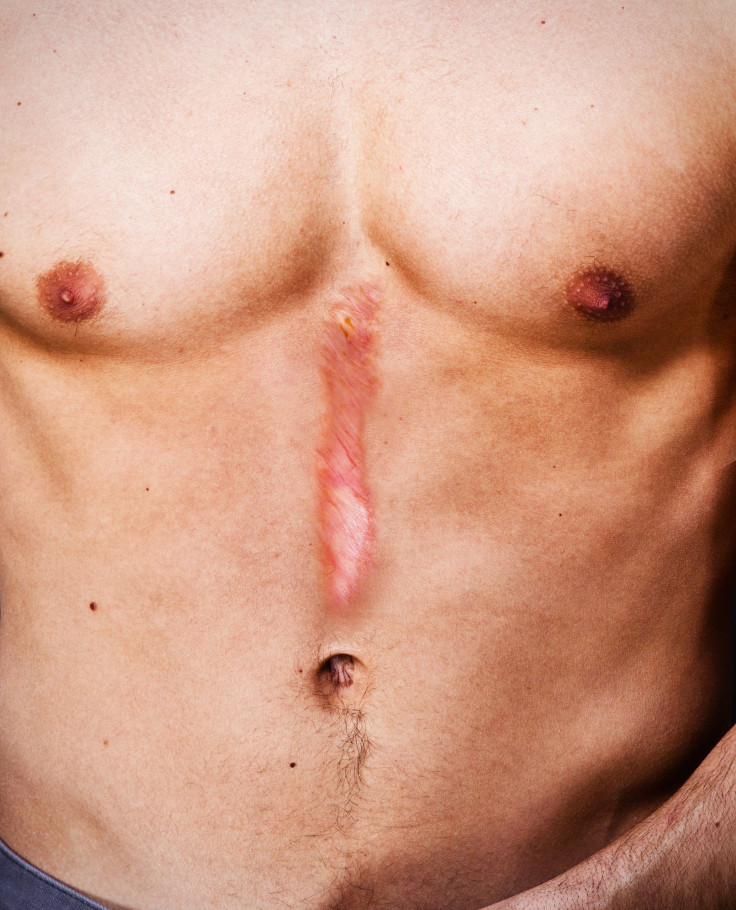FDA Requests More Volunteers For Male Breast Cancer Research, Hopes To Boost Awareness About Disease

Breast cancer is commonly known to be a primarily female battle, complete with pink ribbons aiming to raise awareness. But there’s male breast cancer, too, and though it’s about 100 times less common than the type that affects women, over 2,000 American men are diagnosed with it every year; 430 of these won’t survive.
The Food and Drug Administration (FDA) has recently made an announcement to increase awareness about male breast cancer, calling for more volunteers in order to boost research efforts and improve treatment options for men. Only one percent of diagnosed breast cancer cases will be among men every year, but it will require more research to develop more treatments tailored to males. Typically, both female and male breast cancer patients are treated through chemotherapy, but physicians still aren’t entirely sure whether men respond differently due to hormonal differences.
“Male breast cancer [has] never had an important lobby,” Dr. Marleen Meyers, an assistant professor at NYU Langone Medical Center, told The Daily Beast. “[It’s] a less known and less spoken about breast cancer.”
All males have nonfunctioning breast tissue, meaning it cannot produce milk but is still subject to breast cancer. A common symptom of male breast cancer is a firm and non-painful mass just below the nipple, and this can irritate the skin around it, causing ulcerations, puckering or dimpling, as well as redness around the nipple. But men are less likely to be aware of, or check for, breast cancer symptoms. “You’d think that because men have smaller breasts they would notice a lump instantly,” Dr. Tatiana Prowell, a breast cancer scientific lead at the FDA’s Office of Hematology & Oncology Products, said in an FDA news release. “But men don’t expect a breast lump to be cancer, whereas most women who feel a breast lump immediately assume the worst.”
Men who are excluded from breast cancer clinical trials often miss out on new, experimental drugs or treatments for the cancer, decreasing their likelihood to survive. “Men have historically been excluded from breast cancer trials,” Prowell said in the FDA news release, mostly because many drugs are tailored to women and their hormones. “We are actively encouraging drug companies to include men in all breast cancer trials until there is a valid scientific reason not to.”
She continued: “Just as the FDA, NIH, and other organizations encourage accrual of all underrepresented populations in trials — women, racial minorities, and children, for example — we have begun routinely encouraging companies to include men with breast cancer in breast cancer trials.”
Published by Medicaldaily.com



























